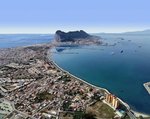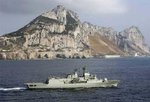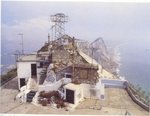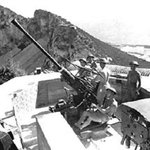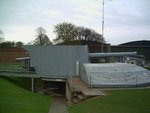parsifal
Colonel
Hi Vincenzoimho for the italian armed forces more easy a amphibious operation (not in large scale as a invasion) that win the desert war, i think for all the armed forces are so
How is it easier for the italians to pull off an amphibious invasion than to conduct a land offensive? The allies found amphib operations to be the most difficult of operations to plan prepare and execute. The Italians did plan an amphib, for Corfu, Crete and Malta. All three were called off for various reasons.
I can assure you that planning and preparing for an amphibious operation is far from easy, far from quick, and it is questionable that the Italians possessed the expertise, the equipment, or even the will to undertake an operation such as that being discussed.
Some may use the Falklands as an example of an operation carried out in rapid time. Not quite true. It still took two months to prepare for, and whats more the studies that led to such rapid execution were planned and allowed for, in years of pre-operation planning. The RN had been preparing for this contingency for more than 10 years before it happened that I know of, possibly more. There were no such plans or preprations in the italian navy for Gib..... they would be starting from nothing basically




